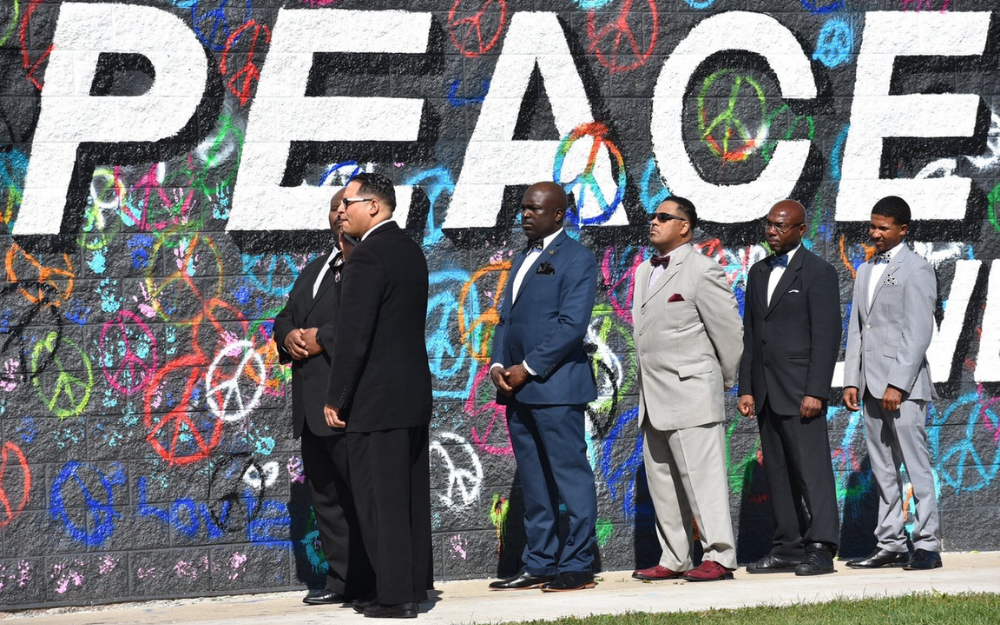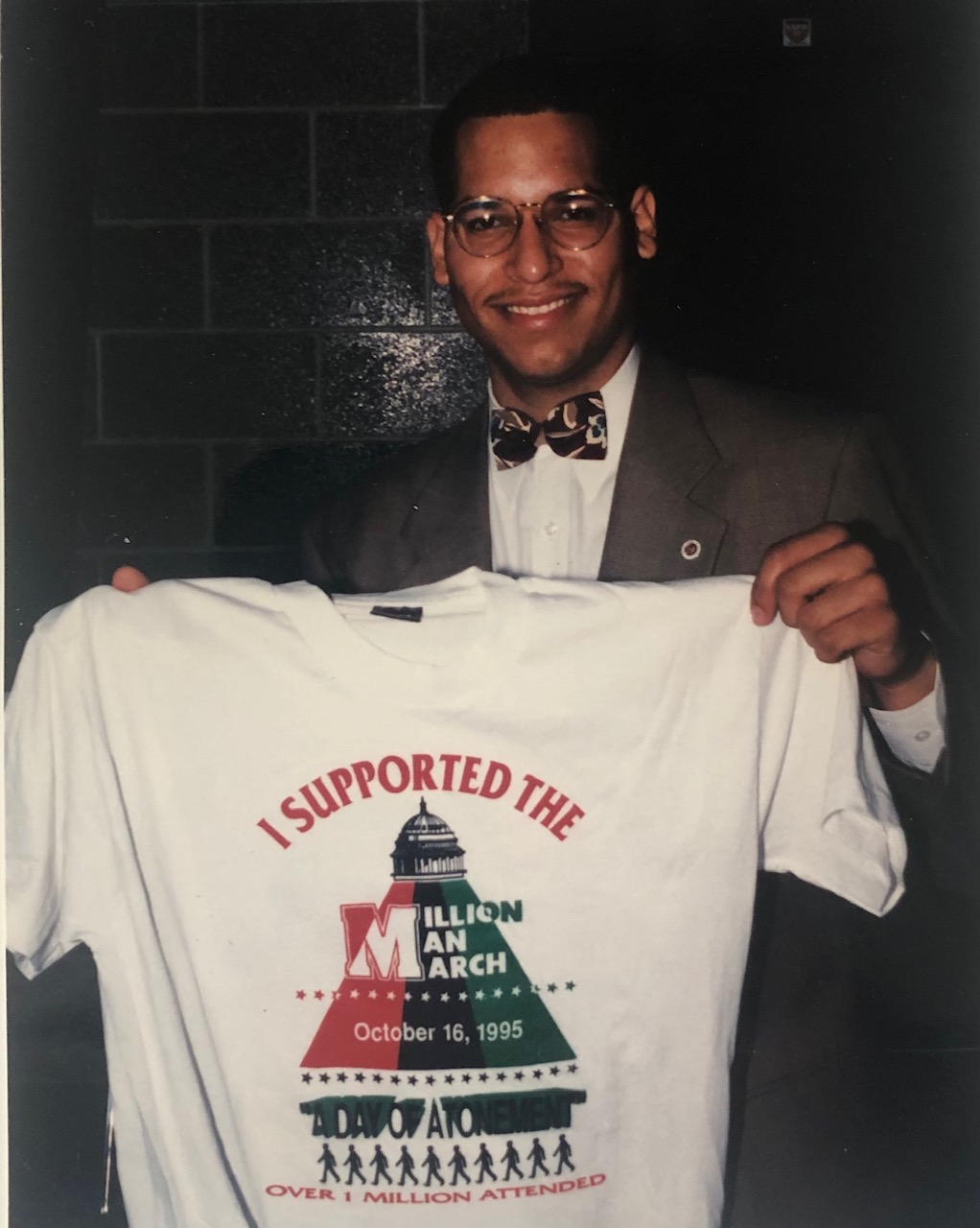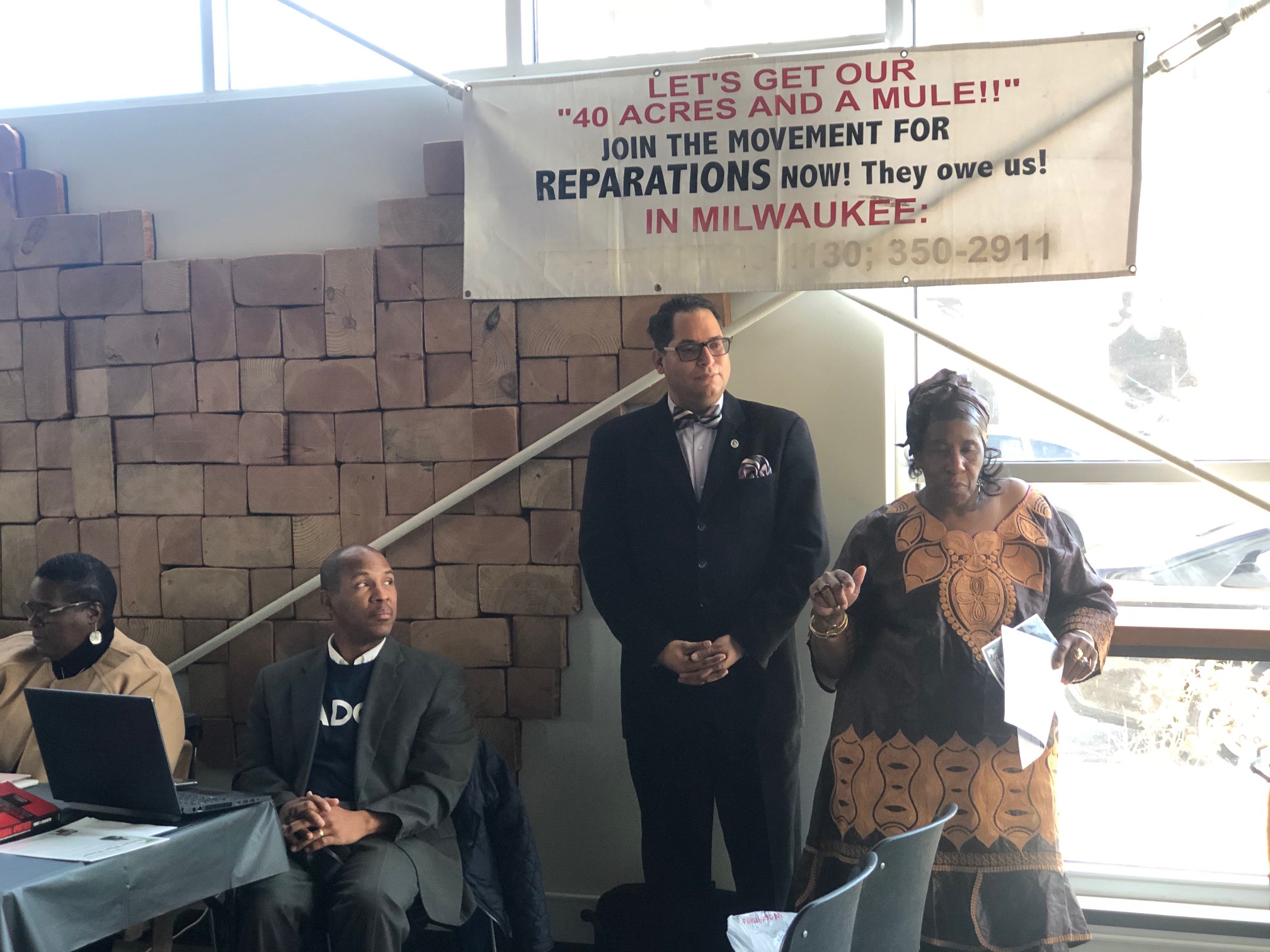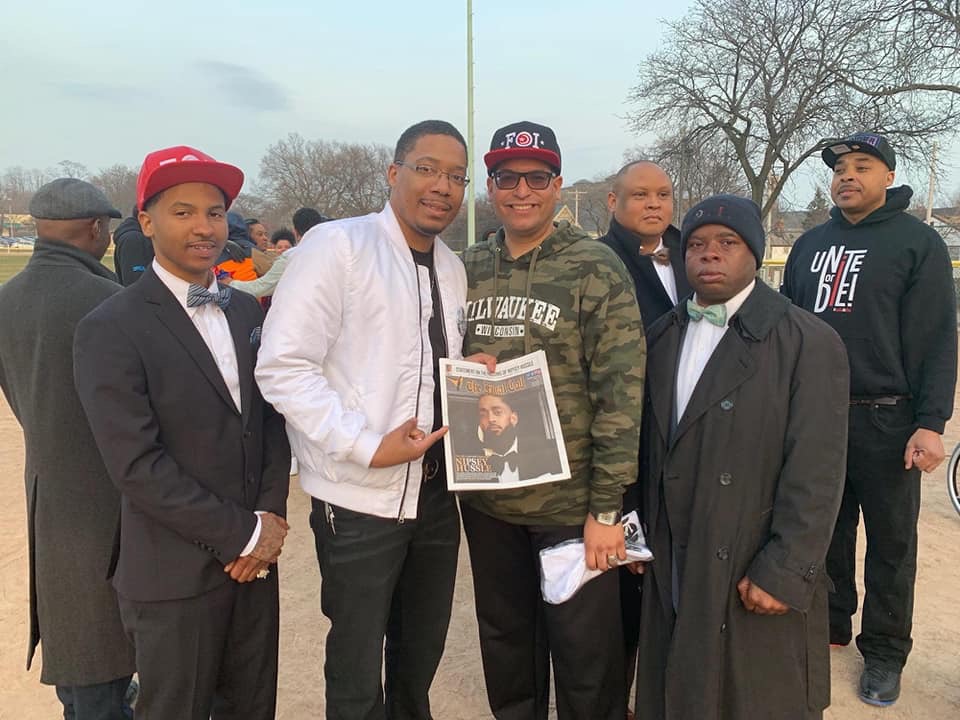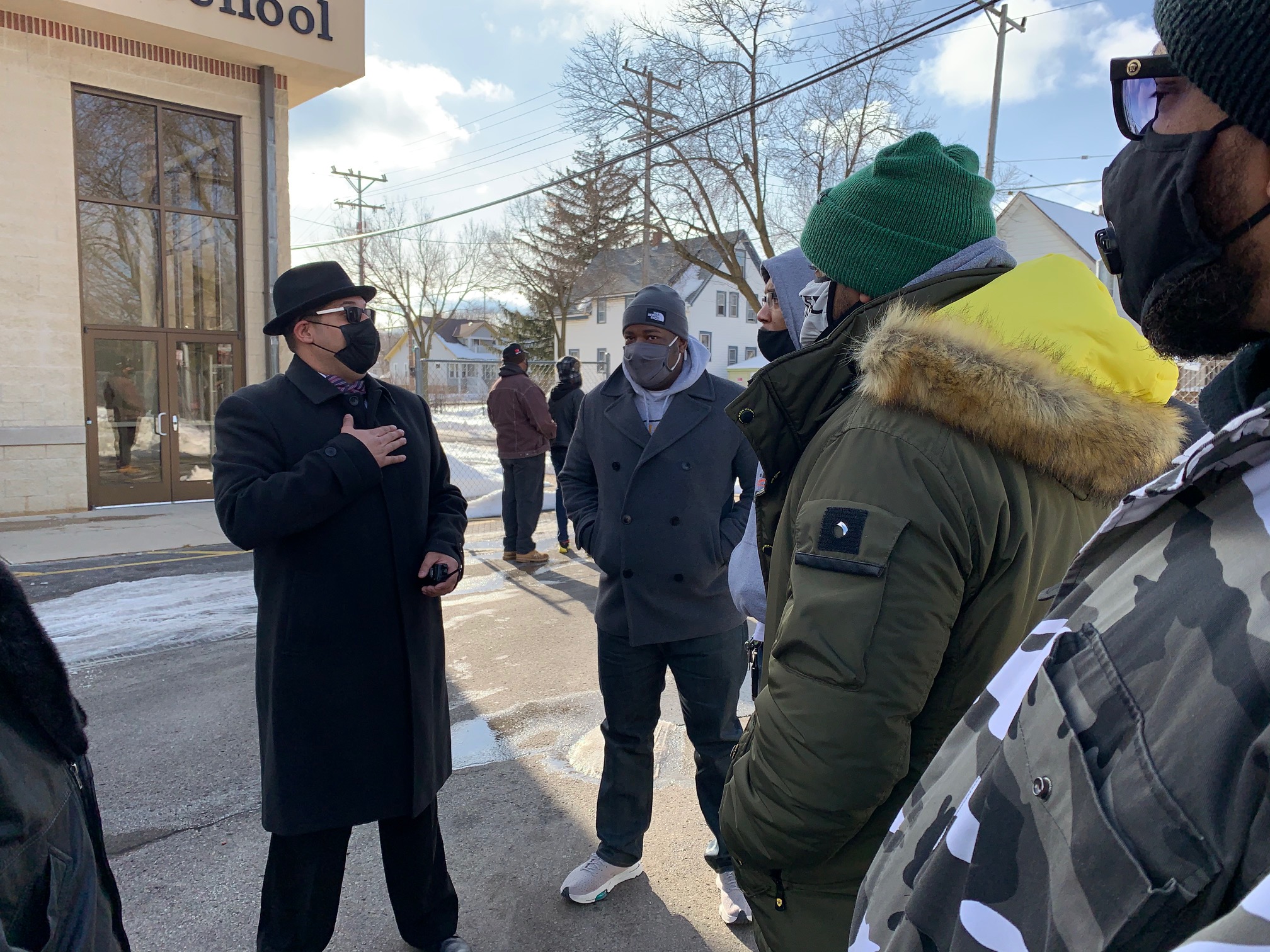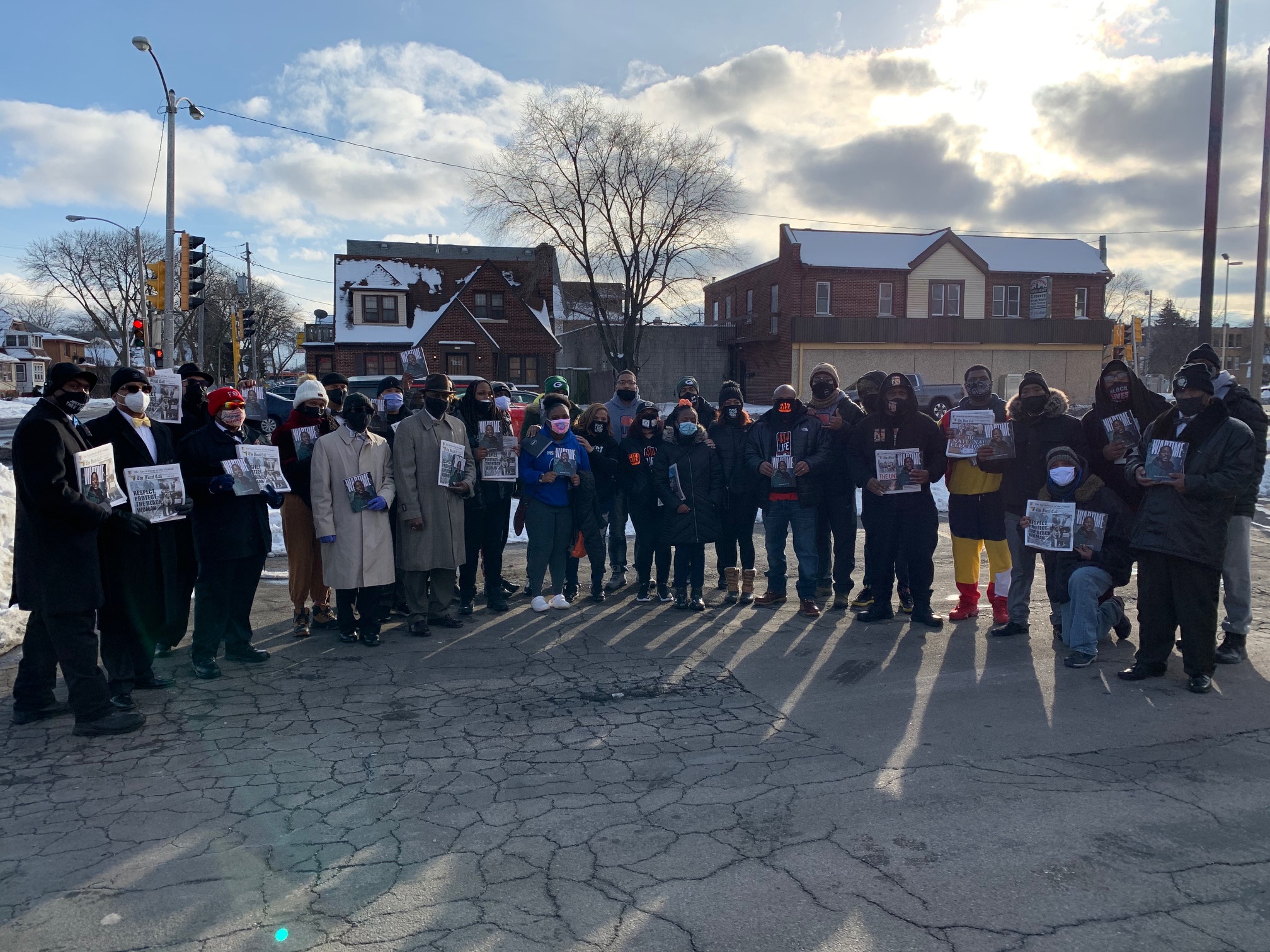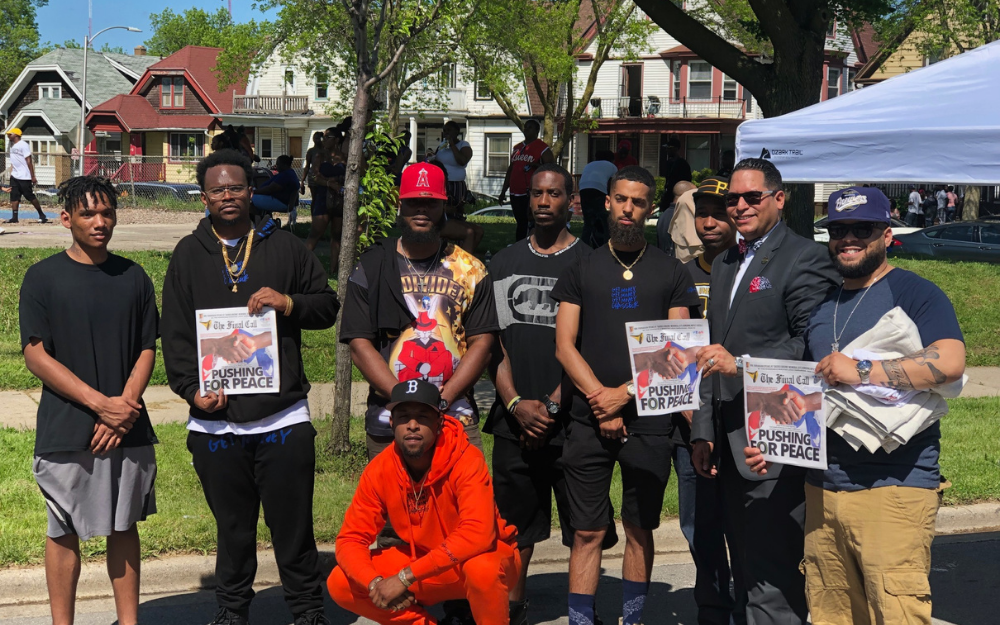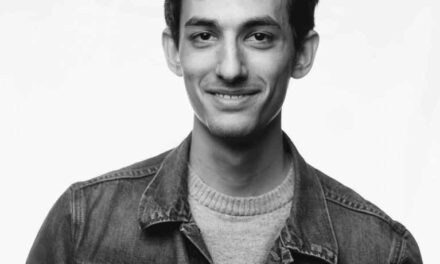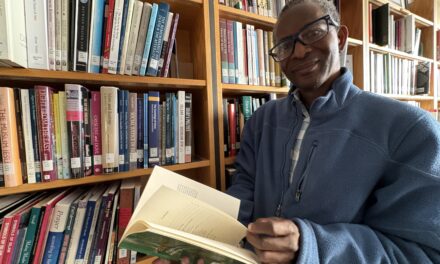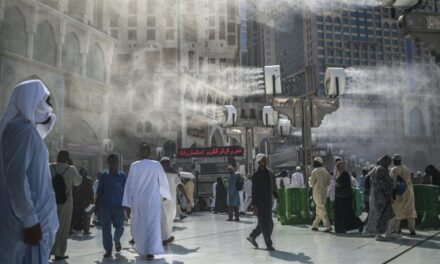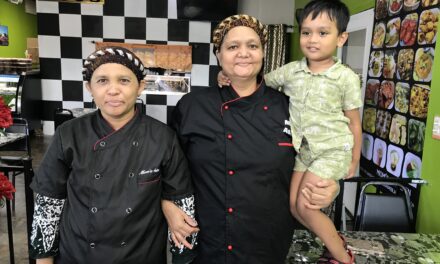In January, following the most deadly year in Milwaukee’s history, Milwaukee Mayor Tom Barrett declared violence to be a public health crisis. Homicides were up more than 100% in 2020, with 193 total killings, along with gun violence (700 shootings), domestic violence, drug overdoses and suicides. This uptick in violence was seen in large cities across America.
Only a year earlier, Milwaukee marked a four-year reduction in violence, from 2016 to 2020, with 2018 and 2019 having fewer than 100 homicides.
In 2016, the City of Milwaukee addressed rising concerns about violence with new solutions. It restructured its Office of Violence and Prevention and brought in David Muhammad as the Community Violence and Injury Prevention Manager. Two years later, Muhammad was hired by Milwaukee County as Deputy Director of the Department of Health and Human Services.
In those roles, Muhammad has worked “tirelessly and quietly behind the scenes to make Milwaukee a better place for all residents,” said Reggie Jackson, a renowned speaker and a nationally award-winning journalist who writes about Milwaukee.
“David has been a tremendous asset to Milwaukee, creating programs that were designed with the needs of the community in mind. He is innovative and humble, one of the most creative thinkers Milwaukee has. He is truly a servant leader, the type of person who treats everyone with the same level of respect regardless of the challenges they may be having in life.”
Muhammad was named one of “25 under 25 Activists Expected to Make Change” in 2004. In 2017, Madison 365 named him one of “Wisconsin’s 29 Most Powerful Latinos.” (His parents are Puerto Rican).
A Madison native, Muhammad has been a key architect of Milwaukee’s strategy to cure violence with a public health approach. While employed at the City of Milwaukee, he worked with a team to create the Blueprint for Peace.
Muhammad explained the collaborative development of the Blueprint for Peace to an audience at the Milwaukee Rep in March 2018. “We cannot police our way out of this. We have to do it by telling the truth about how we got here to begin with.”
Also in 2018, he told Our Issues Milwaukee, if we looked at violence as a “communicable disease, we would be looking for ways to prevent it from the front end. Unfortunately, since we have looked at violence historically from a punitive end, we have only looked at enforcement and incarceration as the way to address the problem.”
David Muhammad with members of the Fruit of Islam (FOI) at the Amani Neighborhood Walk for Mothers of Victims of Gun Violence.
Now Deputy Director of Milwaukee County Department of Health and Human Services, Muhammad told the Wisconsin Muslim Journal how his Islamic faith has informed his work.
Did you grow up as a Muslim?
I accepted Islam in Milwaukee in 1992, so I was 14 years old, at Muhammad Mosque #3. I was part of a study group of the Nation of Islam in Madison, where I began learning the teachings of the Honorable Elijah Muhammad and Minister Louis Farrakhan.
It was a very tumultuous time, 1992. It was the year of the Rodney King verdict. I was exposed to Islam through hip-hop music; I got involved in a lot of community organizing efforts and cultural nationalism movements. Both of my parents were involved in the Puerto Rican independence movement. I saw a lot of similarities between that struggle and the struggle of Black people in America.
When I became Muslim and joined the Nation, I wrote a letter giving up the names of our colonizers or our slave masters. Although I had a Spanish last name, I looked at it as the name of the conqueror or colonizer or slave master of my ancestors.
How did you hear about Islam?
I had actually gone into a convenience store on State Street in Madison looking for spray paint to vandalize buildings. It was the summer of 1992. The brother who was working at the counter was selling the Final Call newspaper (the Nation’s newspaper) and that was my direct introduction. We had a four-hour conversation about Islam and I left with a different way of thinking. A week later I became a Muslim.
What about Islam appealed to you?
Being a person of Afro-Caribbean descent, I heard the message of Islam, as taught in the Nation of Islam, as one that affirmed Blackness, affirmed the struggle for liberation. What I was angriest about was really finding my place in a society where people who looked like me or were darker than me did not receive justice, a society that did not have a place for me, that did not affirm my existence and demanded that I lose myself in a world that was built on a white racist construct.
I had been a youth who had been in trouble with law enforcement. I had been in situations where I had to bounce schools because of discipline issues and I found myself in trouble a lot.
In the Fruit of Islam—the “FOIs,” which is a disciplined core of men who go through martial arts and military drills, and learn salesmanship, grooming, healthy male-female relationships, and what it means to maintain a family—I found discipline and structure. I found something I didn’t even know I was looking for—spirituality. I found what I was looking for in the community in the mosque.
What spoke to me was the fact that it did not tell me to accommodate injustice; it did not tell me to wait for God’s intervention in an afterlife. The representation in the Nation of Islam of Black manhood was major. To teach young men to protect their families and communities, and to take a role in uplifting their environment, I didn’t hear that anywhere else.
How has your faith informed your work?
People who know me know my belief in the religion of Islam is a big driver for me. It is not something I have ever downplayed.
The society we live in is one of injustice and inequity. What I found in Islam was power, the power to change the community around me, the power to change my own circumstances, the power to reclaim an identity that was stolen from me.
There is a verse in the Quran that says God is closer to you than your jugular vein. That means you don’t look up for God, you look in, and the power of God can work through you. You have to submit your will so that God’s will can be done through you. That resonated with me.
It also gave me a connection to Milwaukee and taught me about community organizing. A hip-hop DJ in Madison named Gregory X would drive us back and forth to Milwaukee three days a week. I connected to a lot of institutions like America’s Black Holocaust Museum and Dr. James Cameron, people like Commander McGee and the Black Panther militia, and some of the cultural folks, so I was exposed to a lot of that very early on. We participated in those efforts in the early 90s, specifically in violence prevention work.
In the nineties, you had this confluence of the Three-Strikes crime bill that passed under the Clinton administration, Newt Gingrich’s “Contract with America” (we called it his “Contract on America”), the Rodney King verdict, the crack epidemic and gang warfare. The Nation of Islam was involved in the “Stop the Killing” Tour and Gang Peace Summits throughout the Midwest. As men in the Nation of Islam, we would participate as security at these events. My network grew thorough knowing people involved in peacemaking work.
David Muhammad at the Community Reparations Forum at the Wisconsin Black Holocaust Museum.
Just being in the Nation of Islam at that time became very formative for me because I saw people engaged in the community in a way that was outside traditional institutions. It was not government; it was not traditional nonprofits; it was not the traditional Christian church that was doing it. Meetings were being held in Christian churches with Christians but it was not the civil rights motif. It was the same type of folks involved in those efforts but they were speaking a stronger line.
You have said the Million Man March in 1995 had a big impact on you.
The Million Man March was one of the most beautiful experiences I have had in my life. I was 17 at the time. I will never forget being out on the mall and seeing hundreds of thousands of men out there before six in the morning. For it to take place on a Monday, for the crowd to be overwhelmingly Christian (80%), for it to be led by a Muslim, to happen inside of a country, in front of a building that had started to incarcerate Black men wholesale (those were the years of the formation of the prison industrial complex), it was a spiritual call for Black men to atone for what we should have been doing for our people, but also a call for our government to atone for the structural violence and racism against Black people that has been going on for hundreds of years.
I keep my memory of that day with me as the driving force to continue to do what I do. I saw us, 1.7 million Black men, being able to be mobilized, to organize in the community, to work for the betterment of our families and for the uplift of our women and children, to not harm each other with hands or word, to demand justice but to do so in a way in which the moral superior is on display. It meant a lot then but it means even more now when we see a different example of people in front of the Capitol.
How did you start working with city and county governments?
In college, I was involved in student government and community organizing. I was also in the hip-hop scene. After graduating in history at the University of Wisconsin-Madison, I tried my hand at organizing events and DJ-ing. It was fun and lucrative but took me away from my core—helping young people.
David Muhammad at the Milwaukee Community Vigil for hip-hop artist Nipsey Hussle
I moved to Milwaukee in 2006 and reconnected to people here. I taught school for a bit at Clara Muhammad School, the oldest Muslim parochial school in Wisconsin. I became more active at the Muhammad Mosque #3. I felt like it was my turn to start giving back to the community here.
I started working with youth programs, running after-school programs, summer camps and looking for ways to apply those things I had learned. That led me to the Boys and Girls Clubs where I worked for four years. When I was there, I tried to punch above my weight class, trying initiatives and adding outreach to Latino groups. As a result, I did outreach on both the north and south sides of Milwaukee.
I had a friend from my college hip-hop days, Reggie Moore (the director of the City of Milwaukee’s Office of Violence Prevention), who told me to apply for a job in violence prevention at the city. I didn’t think they would hire me because of the controversy attached to the teachings of Minister Farrakhan. And I am not going to be a secret Muslim. But, out of more than 200 candidates, I got the job.
I would finally be able to use the outreach skills, and what I learned about being patient and not judging people for where they are. We were charged to deal with violence from a public health lens. Well, a public health approach for dealing with violence prevention states clearly that we don’t deal in the terms of criminality. You don’t condemn a hungry person for stealing bread. You condemn the rulers of that society that made the means scarce for a person to eat. The public health approach really fit well with that frame of thinking.
I think the most powerful message I have gotten out of Islam is that people are not wicked by nature; they are wicked by circumstance. It is the nature of the human being to be in harmony and peace with the creator.
At the City, we were able to advance strategies that would convene at the community level and involved law enforcement but not in a punitive way. My mother was the first Hispanic policewoman in Wisconsin. I was raised with a lot of respect for the profession of law enforcement and my first mentors were black and brown police officers.
We wanted an approach that does not criminalize communities. What we did was use people with lived experience, people who had lived through something and had transformed their lives. That is exactly what we had done in my faith tradition.
Please explain that connection.
The work of Islam is redemptive work. The work of the Nation of Islam is redemptive work. You go into the community and you go into the street, where there are people with the intention to do harm.
I was going to do harm to someone else and a brother found me. Every time a member of the Nation of Islam heads out with a newspaper, they are intentionally looking for somebody who is trying to do wrong. They are looking for the person with the gun, the person who is selling drugs, the woman who doesn’t think she has any value. They are going out looking for the person in the street.
We are trained to feel very comfortable in the community; where we used to be destroyers we are called to become builders. You couldn’t tell who went to college and who went to prison, who used to be a dope dealer or an addict. Everyone had a new lease on life because of the transformative power of Islam.
When I got to the Office of Violence and Prevention, we were able to do this in an ecumenical way. It was a natural fit for me. And this public health approach to violence prevention is all scientifically validated. It works.
Now I am continuing to work in the violence prevention space at the County.
What are you most proud of?
I am most proud of is the work that we have done around the Blueprint for Peace, Milwaukee’s first community driven violence prevention plan. I was responsible for community engagement. We surveyed 1,000 young people, over 500 residents, including victims of violence and perpetrators of violence.
I’m also very proud of the work being done at Milwaukee County DHHS that is serving all the residents of the county. We have been making progress on issues such as homelessness, on the care of our elderly populations, on services for people with disabilities, on reducing the number of young people going into prisons, and the juvenile justice system. We are doing major work around behavioral health and support for people in crisis, and all of that is happening right now. I am proud that I have been able to play a leadership role to help shape an agenda that is serving all of Milwaukee County.
David Muhammad with community members at the “Heal The Hood” Block party
I think it is very important for people to understand that we have an obligation to each other as human beings. There is a verse in the Quran that says the light shines on the believer and the disbeliever equally. God doesn’t short-change anybody.
What’s next in your future?
I love what I am doing. I thank God for the opportunity to do it. I am grateful to work with a very strong team under the leadership of the county executive and the director of the DHHS. I have a lot of life left in me and what fuels me is serving people. I look forward to being able to continue to do that.

